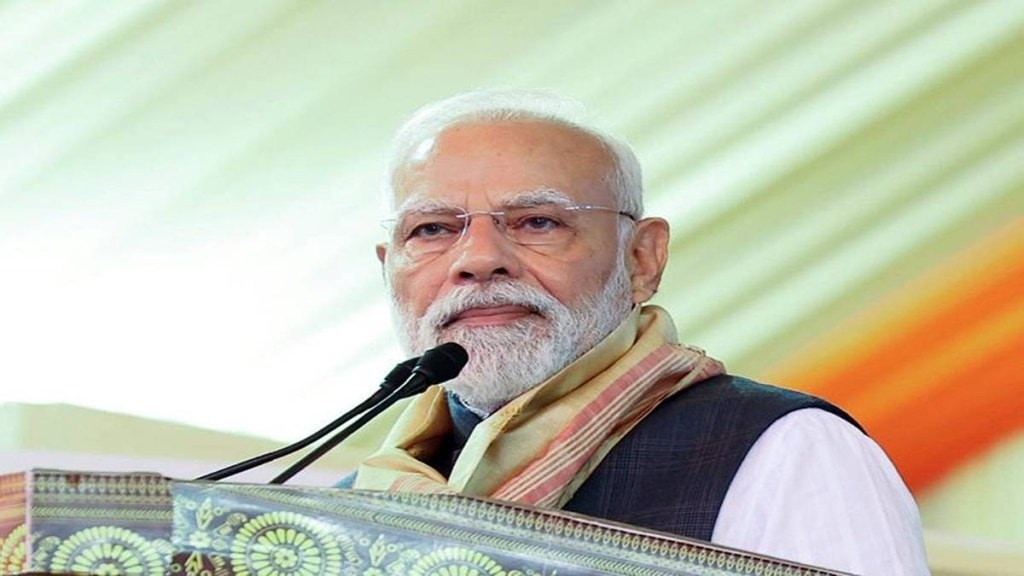From digitalisation to science & technology, space and AI, India has made rapid strides in all these fields under Prime Minister Narendra Modi. The success of the UPI platform, where monthly volumes have topped 20 billion and values are at rS 25 lakh crore a month, has made India the world leader in real-time payments. With UPI now powering cross-border transfers, migrant families are saving big on remittance costs. The government has saved crores on its DBT or direct benefit transfer schemes. Middlemen have been eliminated, and money now reaches beneficiaries without delays or bribes.
Emergence of India Stack
It’s not just payments, the digital infrastructure created — the India Stack with open APIs for payments, e-signature, and identity— is an enviable asset. It is now easier to get a new passport or renew one, save important documents in a digilocker and carry out banking transactions via mobile banking.
Digital verification has eliminated the need for photocopies and speeded up all processes. A “paperless culture” is nudging schools and private firms towards digital-first practices. Entrepreneurs can now access loans faster, and citizens engage more confidently with the state. Quietly, tax compliance has gone up without the need for crackdowns.
The availability of cheap data has empowered small businesses and made entertainment more affordable. Affordable internet connectivity has transformed small towns and villages. Farmers check mandi prices on their phones, students attend online classes, and rural youth dive into coding courses. This digital wave created entirely new economies — from OTT platforms to AI startups —while deepening India’s talent pool.
The daily lives of ordinary citizens have become less challenging as digitalisation has speeded up processes that were otherwise taking inordinately long time. Moreover, the process is more transparent. The arrival of FASTag has meant that there are no more endless toll queues. Precious fuel is being saved, journeys are quicker and supply chains are smoother. From tea stalls to malls, QR codes have given small shopkeepers a financial footprint, unlocking loans, insurance, and business growth. Globally, India has become a model for affordable financial inclusion, inspiring countries across Africa and Asia.
Lower logistics costs have also set the stage for the e-commerce culture of “next-day delivery” and also quick-commerce. A flourishing e-commerce culture has created job opportunities for millions, not just semi-skilled workers but also women and students. The transport system too has undergone a change with app-based cabs. Importantly, the gig ecosystem has altered consumption patterns which, in turn, has encouraged and enabled thousands of small businesses.
Jan Dhan accounts impact on women
The opening of nearly 560 million Jan Dhan accounts has transformed the lives of millions, especially women, with wages and subsidies now landing directly in their bank accounts. This has helped inculcate the savings habit in households and also seen women becoming more financially independent. Banks too have benefited from these accounts. The access to credit via digital channels has opened up opportunities for micro and mini units.
The expansion of the metro network across cities, from Delhi to Bengaluru, has reclaimed lost hours of traffic and reduced pollution. Real estate has thrived along metro corridors, reshaping urban growth. More importantly, metros have redefined public transport as aspirational — spaces where every class travels together, fostering sustainable lifestyles.
The launch of the Jan Aushadhi Kendras has saved families from financial ruin over medical bills. Affordable generics have made treatments more affordable. Demand for generics also spurred the Indian pharma industry to strengthen its global edge as the “pharmacy of the world.” Indians today expect DBTs, QRcodes and digital transparency not as reforms, but as the baseline of governance. Meanwhile, Swachh Bharat has given women dignity with toilets and safety, while instilling civic pride in cleanliness. The Ujjwala scheme has made cooking gas connections cheaper and delivered clean cooking fuel to millions of poor households, empowering them. India’s digital networks are being continuously upgraded while the country makes rapid strides in the fields of science and technology. The government has given AI and quantum computing and cyber forensics the necessary push with targeted programmes with the objective of making India a global leader. The Make-in-India initiatives are showing results. India has commissioned the INS Vikrant, the first indigenously built aircraft carrier for enhanced defence innovation.

